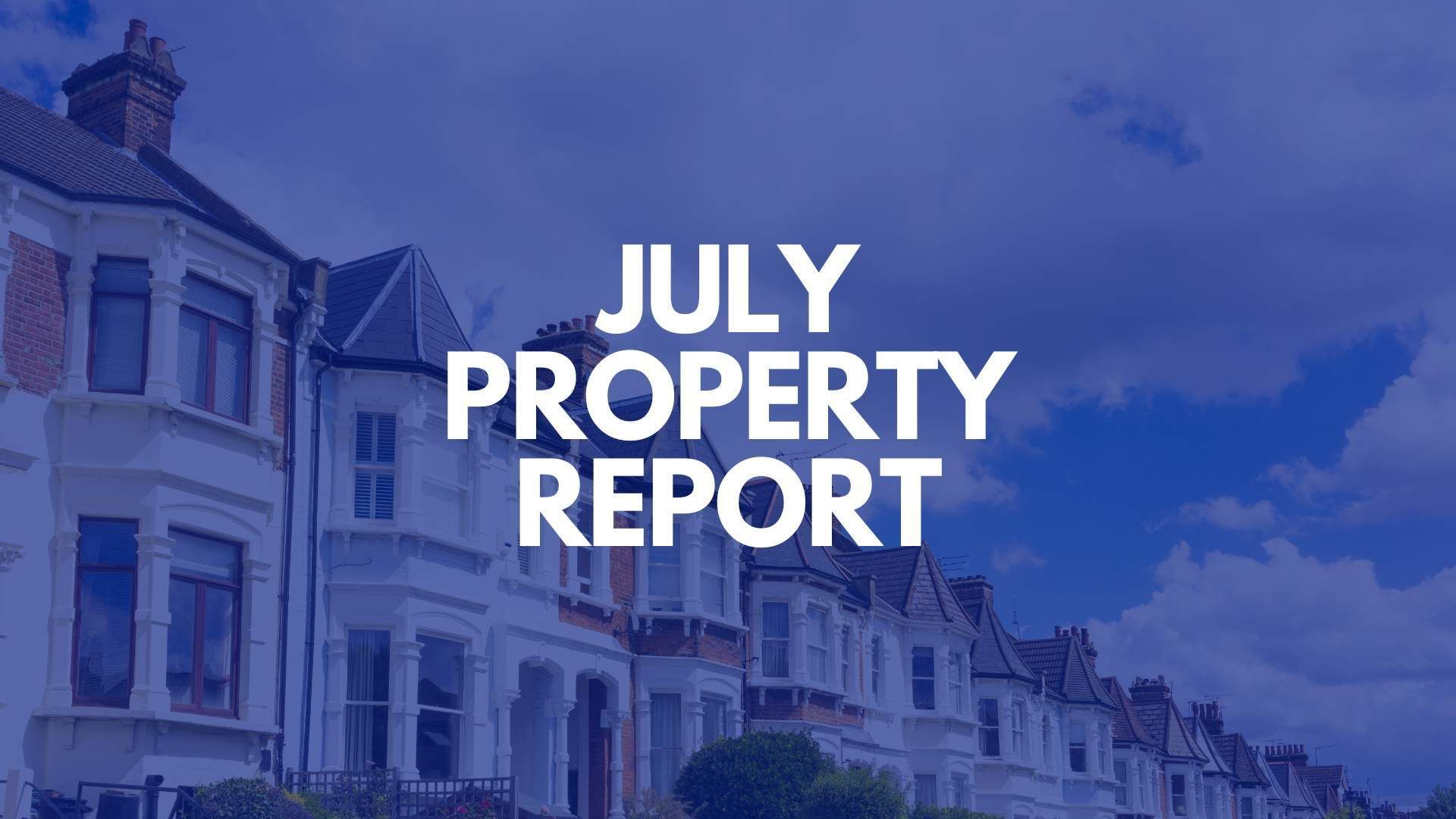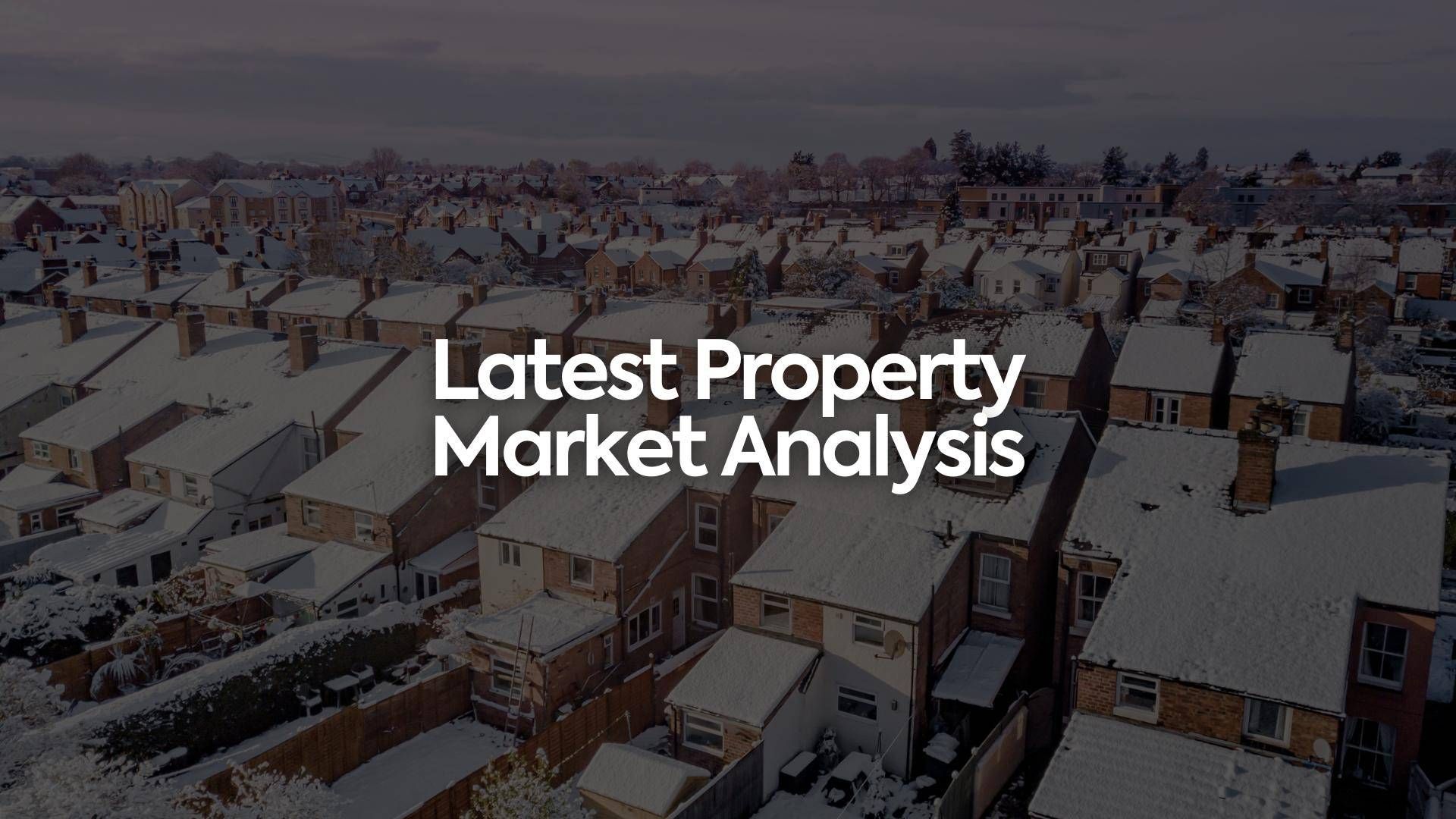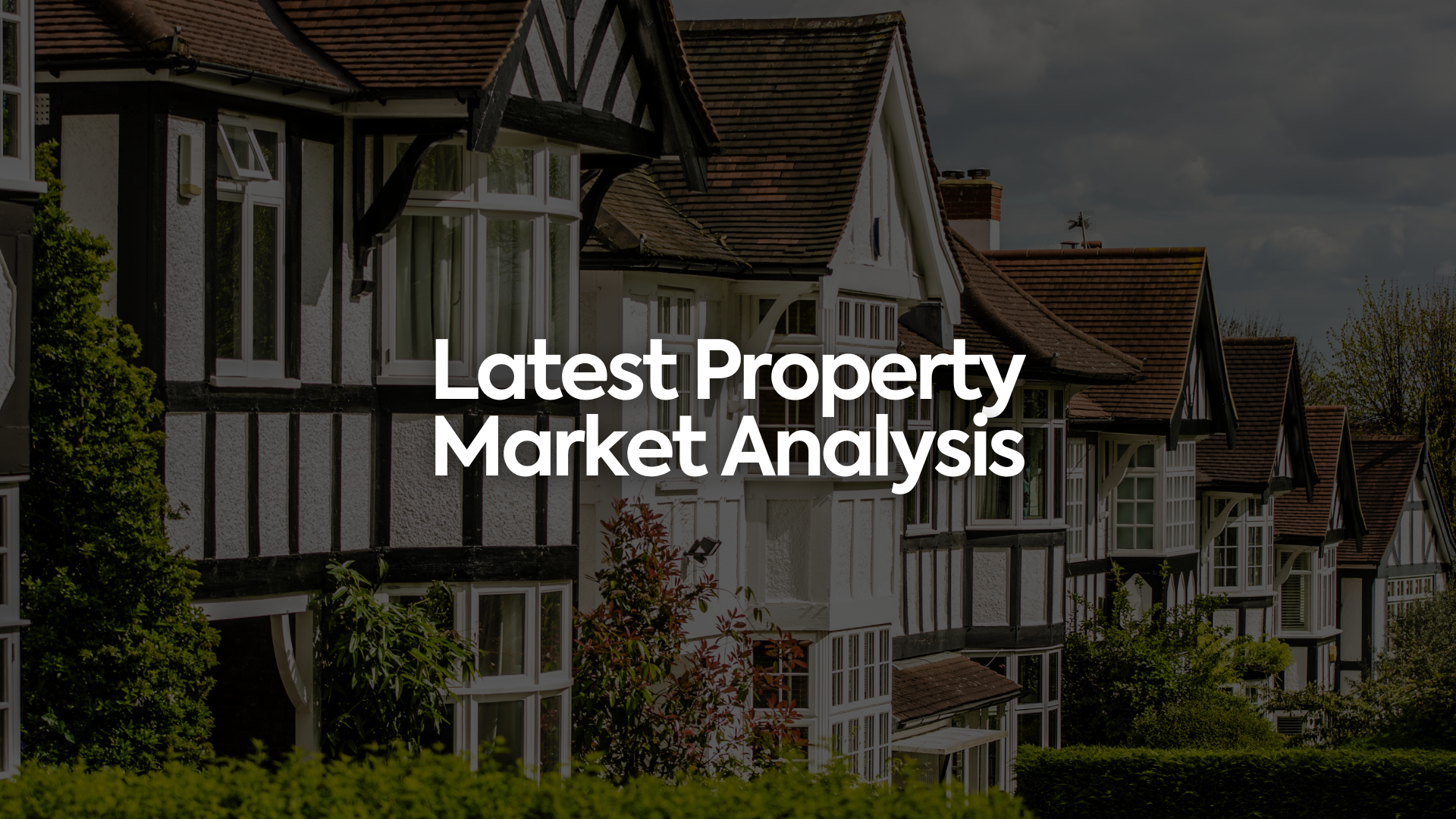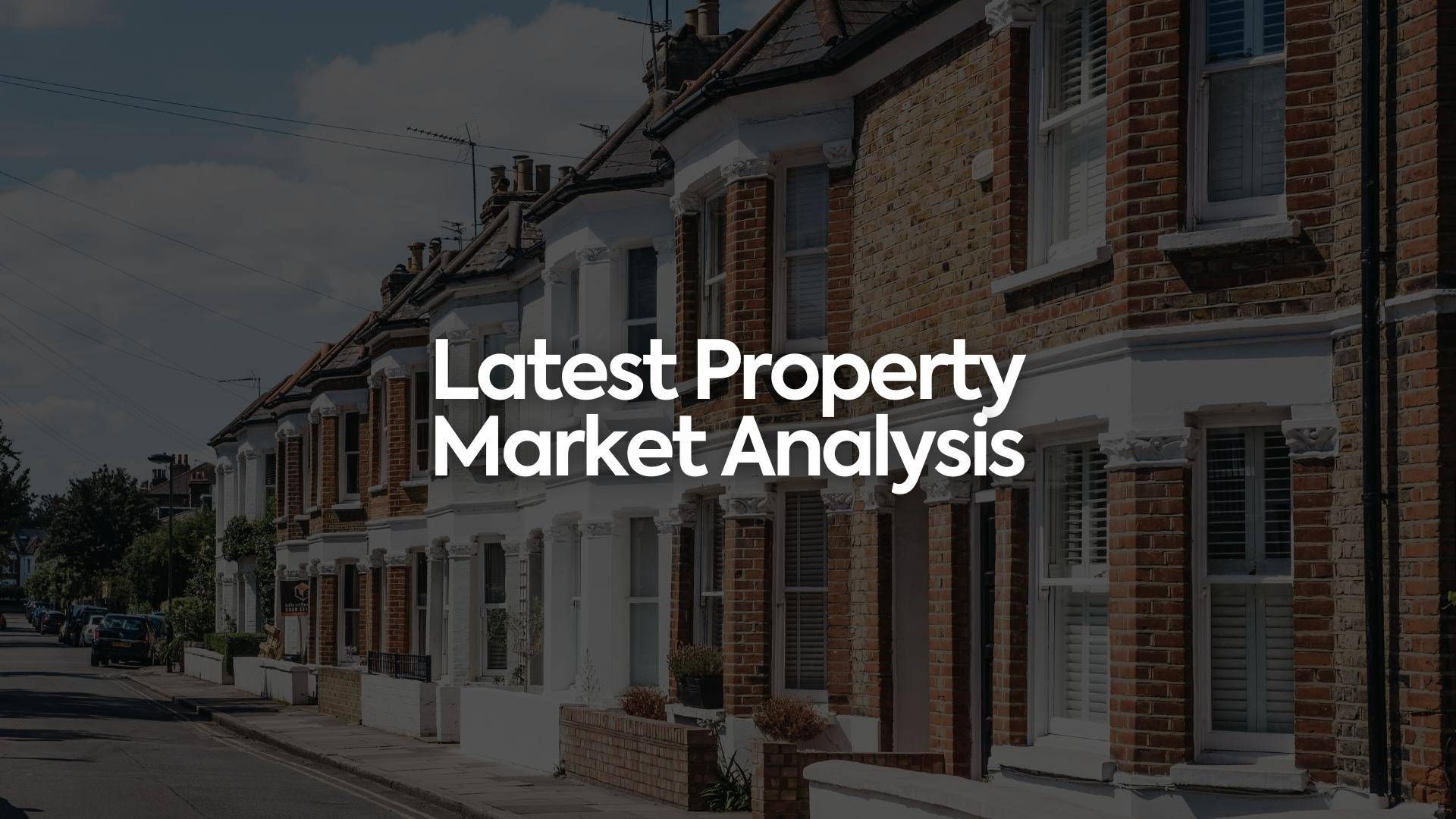
It’s hard to ignore the UK’s rental market as we head towards autumn, which continues to run hot. According to HomeLet’s August Rental Index, the cost of renting a property has risen 1.4% in the last four weeks. UK tenants can now expect to pay an average of £1,261 per month.
When looking at the long-term picture, the cost to rent a UK property has risen by an astonishing 10% in the last year. Despite this figure, Zoopla claims renting has become cheaper than a monthly mortgage repayment for the first time in 13 years. This is due to high mortgage rates that have, hopefully, already peaked.
First-time buyers get a foot on the ladder
Despite renting potentially saving people money in the short term, the desire to own a property is still there. Zoopla also found first-time buyers make up a third of all property purchases. While mortgage rates have affected first-time buyer affordability, the Lloyds Banking Group has found some market factors are working in their favour.
Income to house price ratios favourable
Wages have grown approximately 7% in the last year, while property values have fallen slightly. This means the gap between house prices and incomes has narrowed. In fact, at a national level, the typical first-time buyer property price is cheaper in 2023 – 5.4 times average earnings now, which is down from 5.8 last year.
Lloyds’ overview of the first-time buyer market also revealed 63% of first-time buyers are joint applicants able to call on more than one salary, enhancing affordability. The bank added that more than half are opting for 30-year mortgage terms for more affordable monthly repayments.
At the time of writing, analysts expected mortgage lenders to further reduce home loan rates. The move is designed to stimulate new mortgage applications after a quiet summer. Products where the rates are expected to reduce include fixed deals for new borrowers and those remortgaging.
We predict autumn will be the season that people focus on affordability, rather than postpone moves altogether. In addition to more palatable mortgage rates, adjusted asking prices should encourage buyers who had been previously put off purchasing.
Buyers should start noticing an affordability difference when looking at the portals. Rightmove’s latest analysis found the UK’s average asking price in August had dropped by £7,012 to £364,895. The reduction occurred at the same time as the average five-year fixed mortgage rate fell from 6.08% to 5.81%.
UK’s average sold house price below £260,000
Sold property values also continue to drift slowly downwards. The latest House Price Index from Nationwide revealed house prices for sold properties fell 0.8% during August, following a 0.3% reduction in July. The building society is quoting a new UK house price average of £259,153.
While sellers may have to adjust their expectations slightly when selling this autumn, much can be done to affect the saleability of properties. When Rightmove asked homeowners if they think it’s worth paying more for an energy-efficient home, only 6% disagreed. This statistic was followed by the portal’s Greener Homes Report 2023.
Energy efficient homes more valuable
Within the report were details of how much an improved EPC rating can lift a home’s value. To express this in monetary terms, Rightmove analysed the EPC ratings and asking prices of 300,000 properties that have sold twice in the last 15 years.
Based on its analysis, homes where the EPC rating has been increased from a D to C could see an increase in value of £11,157. Properties where the EPC rose from a F to a C rating could see £56,000 of value added. This data set confirms that a ‘green premium’ is a real phenomenon in property.
If you would like to know more about your local property market, please get in touch.
Share this article
More Articles
Sign up for our newsletter
Subscribe to receive the latest property market information to your inbox, full of market knowledge and tips for your home.
You may unsubscribe at any time. See our Privacy Policy.




